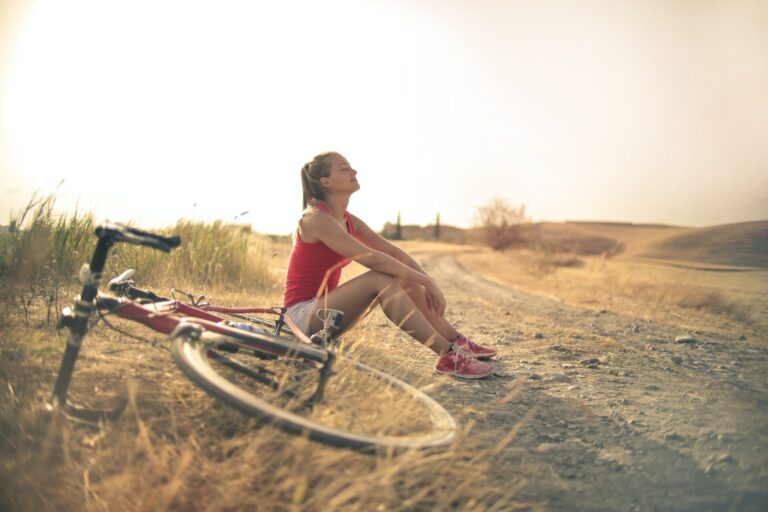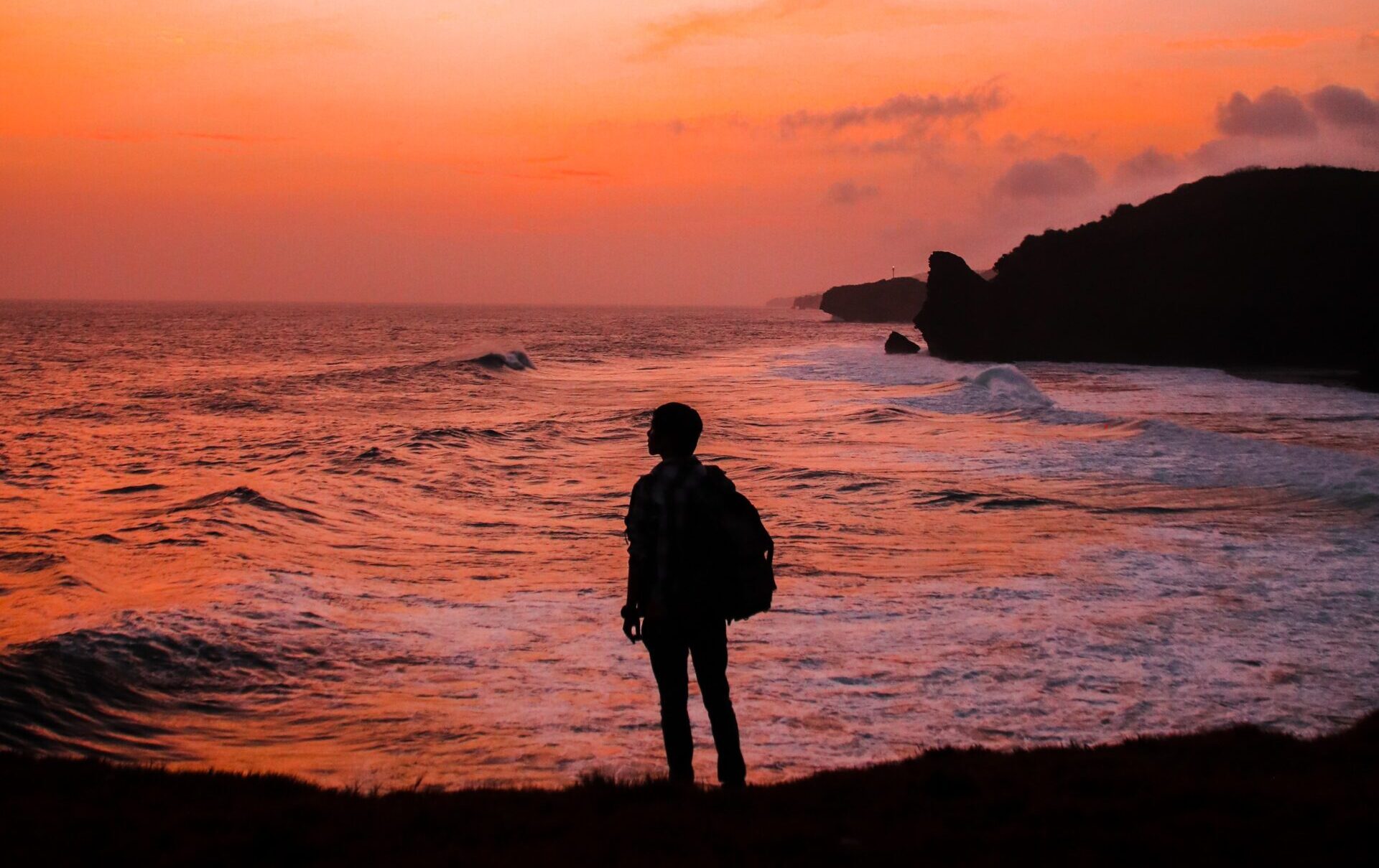In today’s fast-paced world, where instant gratification is the norm, there’s a growing movement that advocates for a different approach to travel – slow travel. Unlike the whirlwind vacations of the past, slow travel encourages us to savor the journey, immerse ourselves in local cultures, and truly connect with the world around us. How it benefits not only tourists but also communities, agriculture, and our overall health has been the subject of much research lately. More light is being shed on the myriad of advantages this mindful way of exploring the world brings.
Slow Travel: What is it?
Slow travel is more than just a leisurely pace; it’s a philosophy that emphasizes quality over quantity. It encourages travelers to break free from the fast-paced sightseeing checklist and instead focus on experiencing a destination deeply. This often involves staying in one place for an extended period, using sustainable transportation, and engaging with the local culture and environment. There have been several movements successfully established overseas like the “Slow Food” and “Slow City” movements, which focus on the changing perception of travel values.
The Benefits for Tourism
Enhanced Cultural Immersion: Slow travel allows tourists to forge genuine connections with the local community. A study published in the “Journal of Tourism and Leisure Studies” (Moira et al, 2017) found that tourists who engaged in longer stays in a destination reported a stronger sense of cultural immersion and appreciation.
Reduced Overtourism: Overtourism, a growing concern in many popular destinations, can be mitigated by spreading tourism across a longer timeframe. “Sustainability” (Valls et al, 2019) suggests that slow travel can help reduce the negative impacts of overcrowding in tourist hotspots and leave tourists feeling more satisfied with their experience.
Benefits for Communities
Economic Sustainability: According to research in the “Dos Algarves: A Multidisciplinary e-Journal,” (Pecsek, 2016), slow travelers tend to spend more on local products and services, which bolsters the economy of the host community and ensures a more equitable distribution of tourism revenue (Fullagar et al, 2012)
Cultural Preservation: Communities that embrace slow travel often find themselves better equipped to preserve their cultural heritage. A study in the “Journal of Sustainable Tourism” (Cohen, 2015) underscores how slow travel contributes to the protection of local traditions and environments.
Benefits for Agriculture
Support for Local Farmers: Slow travelers are more likely to seek out and purchase locally produced foods. This is a key finding in several research papers, which highlights the role of slow travel in supporting small-scale farmers and sustainable agricultural practices through agrotourism (Pecsek, 2016).
Biodiversity Conservation: Research in the ” ENTRENOVA – ENTerprise REsearch InNOVAtion” (Ildikó & Zsuzsanna, 2020) demonstrates that slow travelers are more likely to engage in eco-friendly activities. It must also be acknowledged that tourism that provides an economic value to biodiversity through visitation, presents a more persuasive argument for its conservation (Clancy, 2014).

Benefits for Health
Stress Reduction: Slow travel has shown great potential to promote relaxation and stress reduction. A research review paper in the “Sports Journal” (Farkic & Taylor, 2019) suggests that travelers who adopt a slower pace experience lower stress levels and improved overall well-being.
Physical Activity: Exploring a destination at a leisurely pace often involves more physical activity, which is associated with health benefits. The “Asia-Pacific Journal of Health, Sport and Physical Education,” (Brymer et al, 2010) highlights the positive impact of walking and cycling on physical health.
Slow travel isn’t just a trend; it’s a transformative way to experience the world. Scientific research has continued to provide compelling evidence of its benefits for tourism, communities, agriculture, and health (both human and environmental). By embracing this mindful approach to travel, we not only enrich our own lives but also contribute to the well-being of the places we visit. So, the next time you plan a vacation, consider the joy of slowing down and savoring the journey. It might just be the most rewarding adventure you’ve ever embarked upon.

Here are some other suggested articles on this topic:
Solace in Slowness: is Slow Tourism the next big trend?
References:
- Brymer, E., Cuddihy, T. F., & Sharma-Brymer, V. (2010). The role of nature-based experiences in the development and maintenance of wellness. Asia-Pacific Journal of Health, Sport and Physical Education, 1(2), 21-27.
- Clancy, M. (Ed.). (2017). Slow Tourism, Food and Cities: Pace and the Search for the “Good Life” (1st ed.). Routledge. https://doi.org/10.4324/9781315686714
- Farkić, J., & Taylor, S. (2019). Rethinking Tourist Wellbeing through the Concept of Slow Adventure. Sports, 7(8), 190. MDPI AG.
- Fullagar, Simone & Wilson, Erica. (2012). Slow tourism: Experiences and mobilities. Social Science
- Moira, Polyxeni & Mylonopoulos, Dimitrios & Kondoudaki, Aikaterini. (2017). The Application of Slow Movement to Tourism: Is Slow Tourism a New Paradigm?. Journal of Tourism and Leisure Studies. 2. 1-10. 10.18848/2470-9336/CGP/v02i02/1-10.
- Pecsek, Brigitta. (2016). Revitalizing tourism in small regional towns through folklore-driven slow tourism: The example of Matyó land, Hungary. 27. 94-119.
- Ildikó, E., & Zsuzsanna, M. (2020). Sensing the Destination in a Slow or in a Fast Style? – The Lessons of a Hungarian Survey. ENTRENOVA – ENTerprise REsearch InNOVAtion, 6(1), 605–615.
- Valls, Josep-Francesc & Mota, Luis & Vieira, Sara & Santos, Rossana. (2019). Opportunities for Slow Tourism in Madeira. Sustainability. 11. 4534. 10.3390/su11174534.

